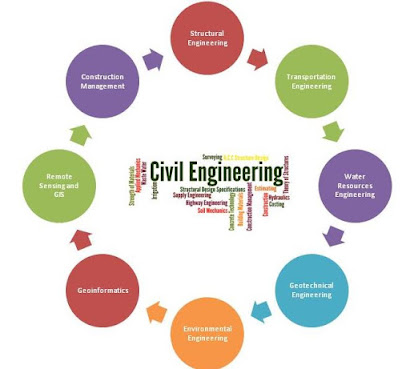G7 seeks common
front on China
The Group of Seven wealthy
democracies on Tuesday
discussed how to form a
common front towards an
increasingly assertive China
in the Foreign Ministers’
first inperson talks in two
years.
Backing U.S. President
Joe Biden’s calls for a deeper
alliance of democracies,
host Britain invited guests,
including India, South Korea and Australia, for talks
in central London stretched
out over three days.
After a welcome dinner
on Monday focused on the
nuclear programmes of Iran
and North Korea, the Foreign Ministers opened formal talks at Lancaster
House, a West End mansion,
welcoming one another
with COVIDfriendly elbow bumps and minimal staff.
The G7 devoted its first
session on Tuesday to China, whose growing military
and economic clout and willingness to exert its influence at home and abroad
have increasingly unnerved
Western democracies.
“It is not our purpose to
try to contain China or to
hold China down,” U.S. Secretary of State Antony Blinken told reporters on Monday. “What we are trying to
do is to uphold the international rulesbased order that
our countries have invested
so much in over so many decades to the benefit, I would
argue, not just of our own citizens, but of people around
the world — including, by
the way, China.”
Mr Blinken pledged “robust cooperation” with Britain in pressuring China over the Xinjiang region,
where Beijing’s incarceration of one million Uighurs
and another Muslims has been labelled genocide by Washington, and over a clampdown against civil rights in
Hong Kong.
‘Respect commitments’
British Foreign Secretary
Dominic Raab called for
“holding Beijing to the commitments that they’ve
made”, including on Hong
Kong, which was promised
a separate system before
London handed over the colony in 1997.
But in line with the Biden
administration, which has
shifted the tone if not substance of former President
Donald Trump’s hawkish
stance on China, Mr Raab
also called for “finding constructive ways to work with
China in a sensible and positive manner where that’s
possible” — including on climate change. “We want to
see China stepping up to the
plate and playing its full role,” Mr Raab said.
The nations of the G7 —
which also include Canada,
France, Germany, Italy and
Japan — mostly share concerns about China but some
have different approaches.
Japan has historic tensions
with China but has held off on joining Western nations
with sanctions, wary of inflaming relations with its
trading partner.
Italy has been seen as one
of the most Beijingfriendly
nations in the West, in 2019
signing up for the Belt and
Road Initiative. But Rome
joined EU peers in March in
summoning the Chinese
Ambassador in a row triggered by concerns over
treatment of the Uighurs.
The Ministers later held a
session on the spiralling crisis in Myanmar and were also due to discuss Russia, Libya, Syria, and climate
change among other topics.



Comments
Post a Comment